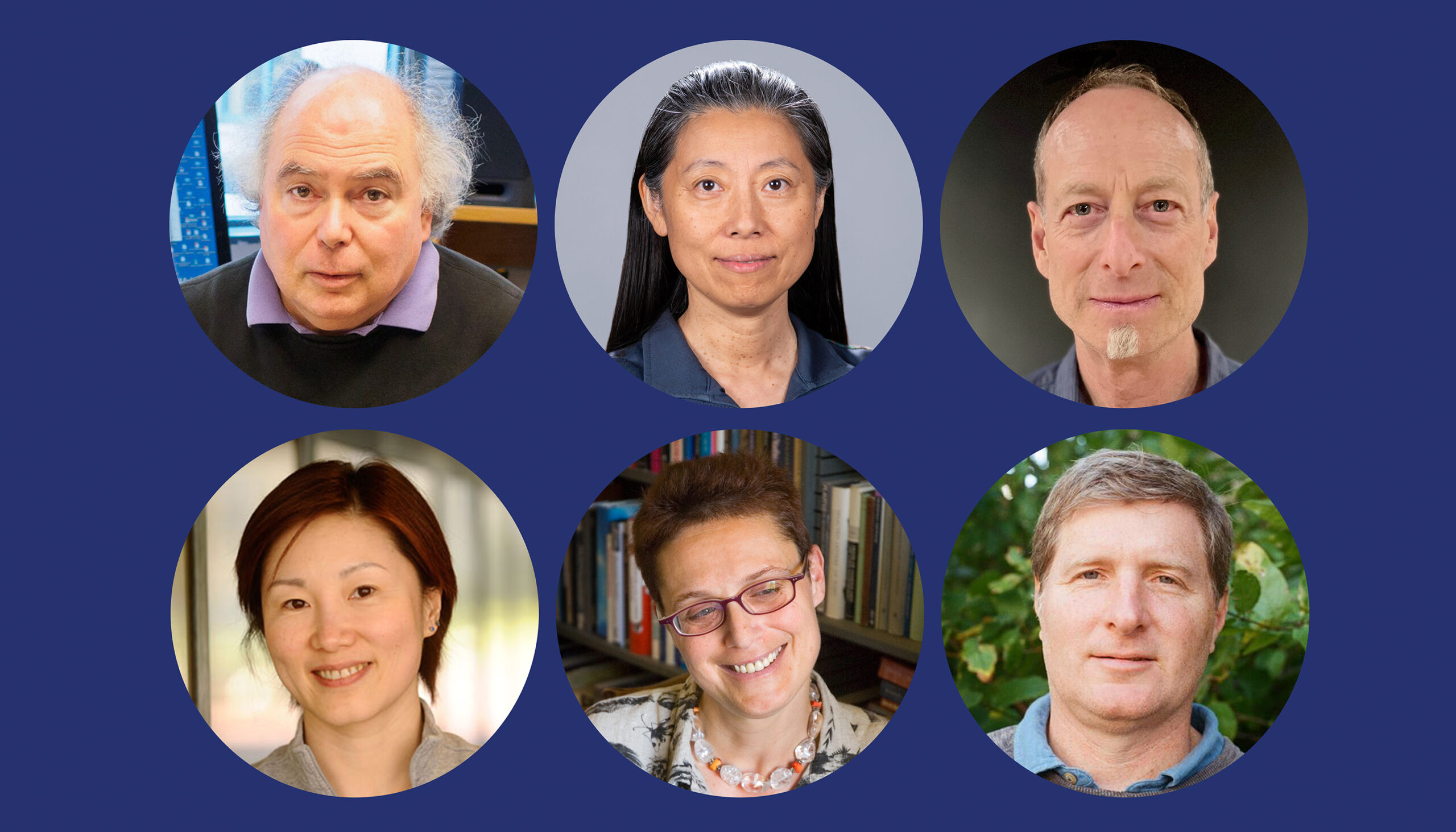Six UC Berkeley faculty elected to the American Academy of Arts and Sciences
The organization convenes leaders from across disciplines to examine new ideas and work together to meet the nation’s challenges.

Marissa Gutierrez, UC Berkeley
April 28, 2025
Six UC Berkeley faculty members from a diverse range of fields are among nearly 250 newly elected members of the American Academy of Arts and Sciences, the organization announced in a recent press release. The new Berkeley electees include leading experts in mathematics, statistics, computer science, molecular biology, neurobiology and comparative literature.
Since 1780, the academy has honored excellence and convened leaders from across disciplines and divides to examine new ideas, address issues of importance and work together to meet the nation’s challenges.
“These new members’ accomplishments speak volumes about the human capacity for discovery, creativity, leadership and persistence. They are a stellar testament to the power of knowledge to broaden our horizons and deepen our understanding,” said Laurie L. Patton, the academy president. “We invite every new member to celebrate their achievement and join the Academy in our work to promote the common good.”
Induction ceremonies for new members will take place in Cambridge, Massachusetts, in October 2025. The Berkeley honorees are:
Ian Agol, professor of mathematics. Agol studies the geometry and topology of curved shapes and spaces, primarily hyperbolic 3-manifolds.
Yang Dan, professor of molecular and cell biology and of neuroscience and Pivotal Life Sciences Chancellor’s Chair in Neuroscience. Dan’s lab uses a variety of techniques — including optogenetics, electrophysiology, imaging and virus-mediated circuit tracing — to identify which circuits in the mammalian brain control sleep and how the frontal cortex of the brain exerts top-down executive control.
Leslie V. Kurke, professor of ancient Greek and Roman studies and of comparative literature. Kurke specializes in archaic and classical Greek literature, with particular emphasis on archaic Greek poetry in its social context, Herodotus and early prose.
Donald C. Rio, professor of biochemistry, biophysics and structural biology. Rio’s lab studies how certain pieces of DNA, called transposons, move around in the genome and how proteins can modify gene activity in different tissues by cutting up and reassembling messenger RNA. These processes are critical for understanding evolution, gene regulation and the origins of some diseases.
Dawn X. Song, professor of electrical engineering and computer sciences. Song’s studies security and privacy issues in computer systems and networks, including software security, networking security, database security, distributed systems security, applied cryptography and the intersection of machine learning and security.
Philip B. Stark, Distinguished Professor of Statistics. Stark studies inference problems and uncertainty quantification with applications in the physical and social sciences. His accomplishments include creating methods for auditing elections in more than 15 U.S. states.